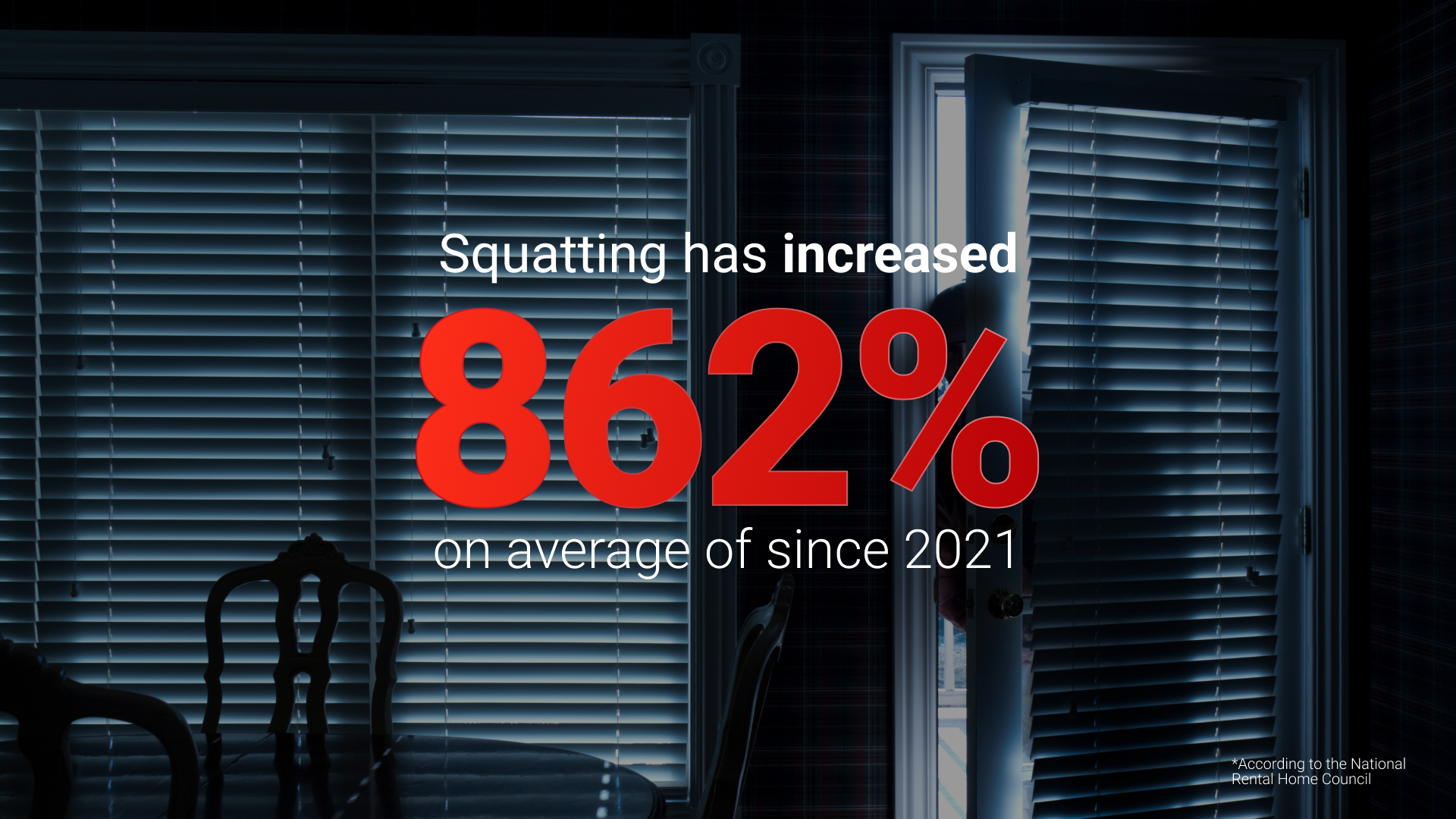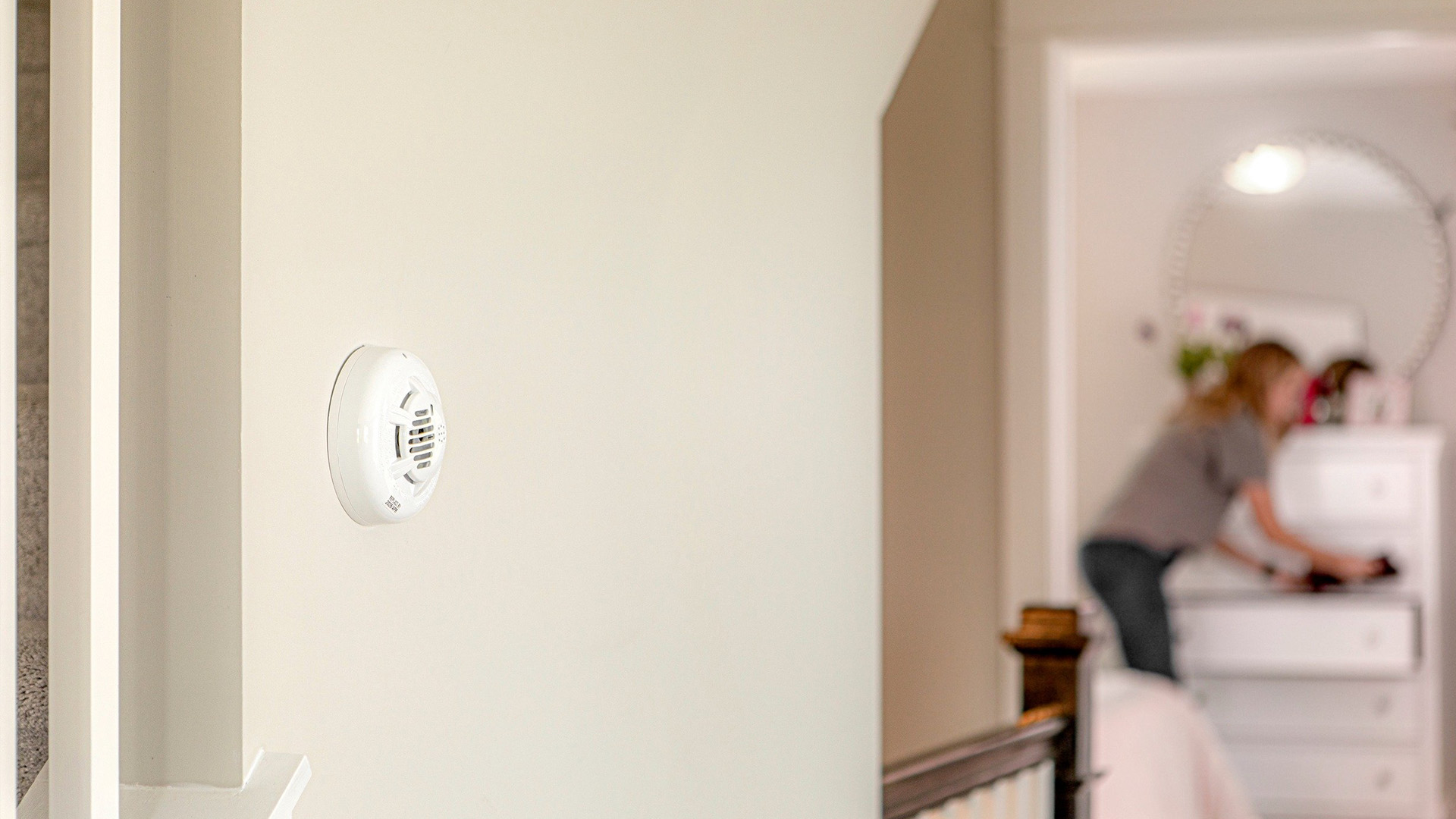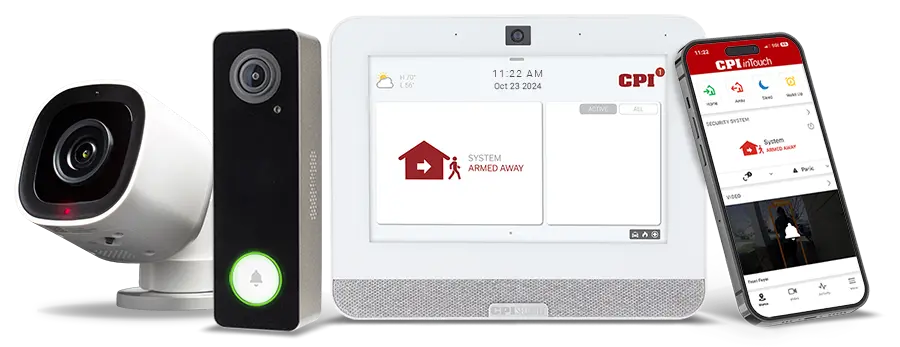These days, you can’t turn on the news without hearing of a new cyber-attack. Whether it’s criminals targeting government agencies, bad actors attempting to steal personal information, or hackers disrupting business operations and demanding ransom, cyber-attacks are on the rise.
Did you know that there are up to as many as 3,000 to 4,000 cyber-attacks in the United States on any given day? The FBI even reported an increase in attacks since the COVID-19 pandemic, as people are spending more time online or utilizing remote work. In 2020, the FBI received a record number of 791,790 complaints of cyber-attacks with reported losses exceeding $4.1 billion.*
In order to stay safe online, individuals and companies alike must take a proactive approach to internet safety and data security. While it may feel overwhelming, there are measures you can take in your everyday life so that you’re more protected.
Below, we’ll teach you not only about today’s biggest cybersecurity threats, but also how to stay safe online while securing your personal data.
Common Cybersecurity Threats
First, it’s important to understand the different types of cyber-attacks. A cyber-attack is a malicious and deliberate attempt to gain access and exploit gaps in information networks. There are various types, including:
Social Engineering
Social engineering is the act of manipulating someone, either in person or through digital or voice communication, into breaking standard security procedures or sharing sensitive information.
Malware
Malware, short for “malicious software,” is a type of software intentionally designed to cause damage or gain unauthorized access to a computer, server, or network.
Ransomware
Ransomware is a type of malware deployed by hackers to attack systems and networks, encrypting a company’s data or systems, and demanding a ransom payment for their return. Ransomware attacks have targeted the critical infrastructure of many businesses and recently impacted large sectors of the American economy, such as the oil and gas industry.**
Phishing
Phishing attacks use deceitful messages pretending to be from legitimate and trustworthy sources to trick individuals into clicking on links to malicious websites, opening attachments that contain malware, or sharing sensitive information, such as passwords, bank account information, or social security numbers. Phishing is a type of social engineering, and these attacks account for many reported security breaches.
Spear Phishing
Spear phishing is a targeted phishing attack, meaning a specific individual or group was well-researched and singled out for the attack. Spear phishing attackers might use social media or other means to learn about an individual and personalize a convincing and deceiving message.
Man-in-the-Middle (MitM) Attack
A man-in-the-middle attack is when a bad actor intercepts your communications. One way a cybercriminal can do this is by gaining access to a poorly secured WiFi network, like a public WiFi, and using malware to intercept and capture personal information like bank accounts or login credentials.
Online Safety Tips
With so many avenues for bad actors to trick you or threaten your computer security, you might be a little overwhelmed and wondering how to be safe online but don’t fret!
There are several simple steps you can take to bolster your internet safety and protect your family from cybersecurity threats.
Enhance Your Home’s Cybersecurity
Your home’s WiFi is just as important to protect. Installing a Mesh Network has various benefits, including a more evenly dispersed WiFi experience throughout your home. However, it also works to block malicious sites and identify and block other potential threats, automatically fixing vulnerabilities in your network.
CPI Safety Tip: A Mesh Network also enhances parental controls. Manage your child’s screen time and internet access by setting time limits on WiFi usage and blocking specific sites on everything from smartphones to gaming consoles. For more information on creating these settings, or adding a Mesh Network to your home, contact us today.
Exercise Extreme Caution with Emails.
Did you know there are more than 300 billion emails sent per day? With so many emails hitting your inbox, it’s easy to let your guard down. You should exercise extreme caution before trusting the content of emails, clicking any links, or opening attachments.
CPI Safety Tip: Hover your mouse over a link in an email and a small pop-up will show you the actual URL. If the URL is extremely long or suspicious, think twice before clicking on the link.
Create Strong Passwords and Protect Them.
Your passwords should be at least 8 characters long and use a combination of upper- and lower-case letters, symbols, and numbers. Never use the same password twice!
CPI Safety Tip: You could also enable two-factor authentication which relies on a user providing a password, as well as a second factor – usually a security token or code that is texted to your personal mobile device. This provides an additional layer of security.
Ensure Software, Apps, and Devices are Up to Date.
Software, applications, and devices require regular updates to keep them running smoothly and your data safe. Many updates include security patches and fixes that help close any vulnerabilities that hackers could use to access your devices.
CPI Safety Tip: You can skip the steps of checking for program updates by turning on automatic system updates for your devices and software.
Keep Your Firewall Turned On.
Your firewall acts as a barrier. It is either software or hardware that monitors any attempt to gain access to your operating system and blocks communication from unrecognized sources.
CPI Safety Tip: Most operating systems have built-in firewalls. You need to make sure your firewall is set up properly, turned on, and updated regularly.
Don’t Trust Public WiFi.
If you’re ever at a café or a coffee shop, you’ll likely see a sign that says, “Public WiFi Available.” You should be aware that the security on these networks may be very lax or even nonexistent. Exercise caution when utilizing this service.
CPI Safety Tip: To make use of public WiFi connections and ensure they are secure, you should always use a Virtual Private Network or VPN. A VPN gives you online security by creating a secure connection that no one can monitor or use to access your data.
Internet Safety Starts With You
The importance of cybersecurity and internet safety can’t be overstated, and it all starts with you. Every time you’re online – whether you’re checking your email, joining a WiFi network, surfing the web, browsing your social media accounts, replying to a text message, logging into a bank account, or shopping online – follow these proactive measures to ensure your digital safety.
By following tips like these and remaining vigilant, you’ll be able to protect yourself against bad actors. For safety information like this, and more, visit the CPI blog.
Sources:
*FBI, “Internet Crime Report, 2020.”
**Bloomberg, “Hackers Breached Colonial Pipeline Using Compromised Password.”




